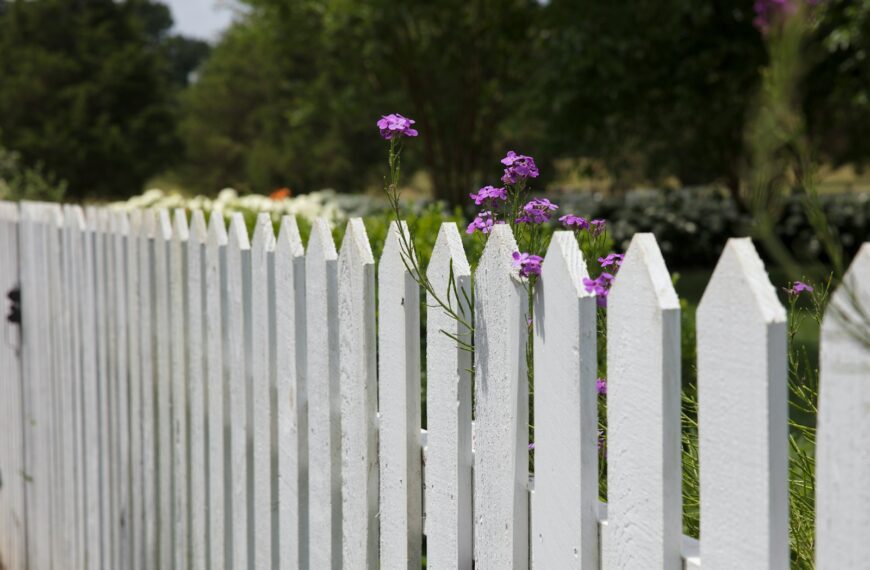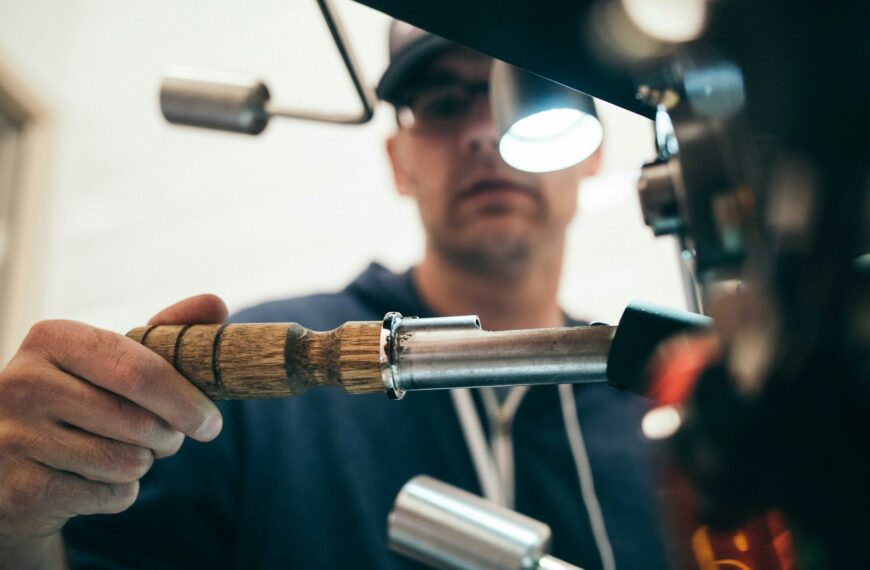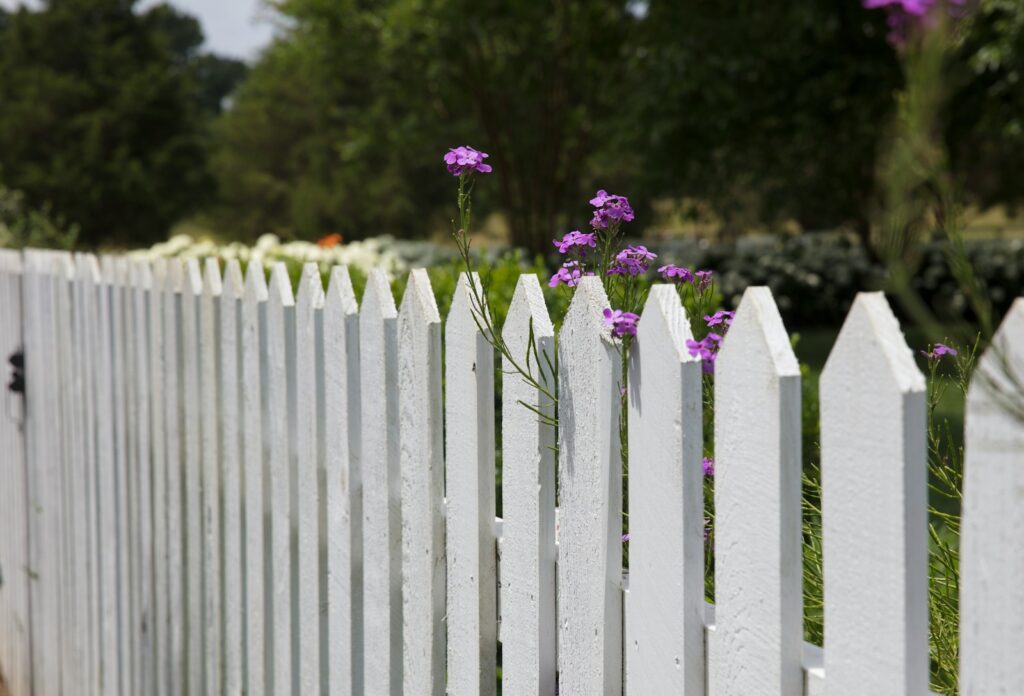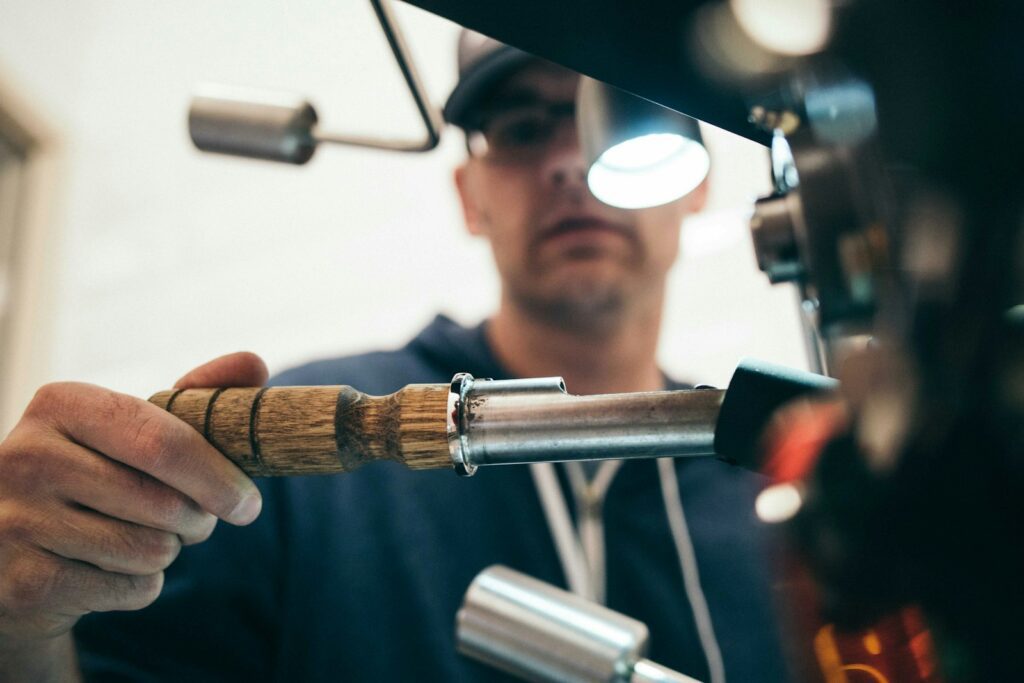Cleaning products are a part of most households, helping us keep our spaces fresh and tidy. However, not everything we use to clean is safe to pour down the drain. I’ve learned that some common products can cause plumbing problems or harm the environment if disposed of improperly.
It’s important to know which cleaning products you should never pour down the drain to protect your pipes and the ecosystem. Understanding this can save you from costly repairs and help reduce pollution. I want to share a list that highlights these products so you can avoid common mistakes.

Bleach
I’ve learned that pouring bleach down the drain isn’t a good idea. It’s very corrosive and can damage the pipes over time, especially if used frequently.
Bleach also contains chemicals that aren’t fully removed in water treatment plants. This means it can harm the environment when it reaches natural waterways.
I always avoid mixing bleach with other cleaners, like drain cleaners, because it can create dangerous gases. Being careful about how I dispose of bleach helps protect both my plumbing and the environment. For more on this, see why you should never mix bleach and drain cleaner.
Ammonia-based cleaners
I always avoid pouring ammonia-based cleaners down the drain. They can cause serious damage to plumbing and the environment beyond what you might expect. Ammonia reacts poorly with other substances, which can create harmful fumes and even damage pipes.
I’ve learned that many household cleaners contain ammonia because it cuts grease and grime well. But rinsing it away is not the best choice. It’s better to dispose of these products properly instead of risking problems by pouring them down sinks.
If you want to clean safely, I recommend using simpler mixtures like soap and water instead. Ammonia fumes can be harsh and irritating, so handling it with care is important too. For more details, check this article on why you should stop putting ammonia down the drain.
Oven cleaner sprays
I always make sure not to pour oven cleaner sprays down the drain. These products usually contain harsh chemicals that can harm pipes and the environment.
If oven cleaner accidentally goes down the sink, it’s best to stop using water immediately and call a plumber. I’ve learned that these chemicals can also cause damage if they enter the water system.
Using safer methods to clean your oven or properly disposing of these sprays protects both your plumbing and the environment. Avoiding oven cleaner sprays in the drain keeps things running smoothly at home.
For more details on why you should avoid pouring oven cleaner down drains, check this oven cleaner information.
Drain cleaners with harsh chemicals
I’ve learned that drain cleaners with strong chemicals can do more harm than good. They might clear a clog quickly, but they can also eat away at the pipes over time.
Using these harsh products repeatedly makes pipes weaker and more prone to leaks. Plus, mixing different drain cleaners can be dangerous and even release toxic gases.
I try to avoid them whenever possible and look for safer alternatives instead. If you want to protect your plumbing, it’s best to skip these harsh chemicals and explore gentler ways to clear your drains.
Learn more about why harsh drain cleaners are risky at Gold Seal Plumbing.
Paint thinner
I always make sure to keep paint thinner away from my drains. It contains strong chemicals that can eat away at pipes over time. Pouring it down the drain could cause damage I definitely don’t want to deal with.
Besides harming pipes, paint thinner can pollute the water system. It’s better to store leftover thinner in a sealed container and find a local recycling or hazardous waste disposal site. That way, it’s handled safely and keeps my home and environment protected.
If you want to learn more about why paint thinner is harmful to drains, check out this detailed explanation on why you should never pour it down the drain.
Turpentine
When I use turpentine for cleaning or thinning paint, I always make sure not to pour it down the drain. It contains strong chemicals that can harm both plumbing and the environment.
I learned that turpentine can stick to pipes and cause clogs over time. It’s best to dispose of it at hazardous waste collection sites instead.
This helps protect my pipes and prevents pollution. Keeping turpentine out of the drain is a small step that makes a big difference. For more details, you can check this guide on why you should never pour chemicals down the drain.
Lye (caustic soda)
I’ve learned that lye, also called caustic soda, is very powerful for cleaning drains. It can dissolve organic clogs like hair and food, which makes it tempting to use.
But I’m careful with it because lye is highly corrosive and can cause serious burns if it touches skin. I always wear gloves and goggles when handling it.
Mixing lye with other cleaners is a bad idea since it can cause dangerous chemical reactions. If I use lye, I follow all safety instructions closely to protect myself and my pipes. For more details on using lye safely, check out this lye safety advice from plumbing experts.
Hydrogen peroxide
I’ve learned that pouring hydrogen peroxide down the drain isn’t a great idea. While it’s a strong cleaner and disinfectant, it can react with other substances in pipes and cause damage over time.
It breaks down into water and oxygen, but the oxygen released can harm beneficial bacteria in septic systems. This might lead to clogs or costly repairs.
So, I prefer disposing of hydrogen peroxide safely and using alternatives that are less risky for plumbing. For more details about why it’s best to avoid pouring it down the drain, check out this guide on things you should never pour down the drain.
Mold and mildew removers with strong chemicals
I’ve learned that many mold and mildew removers contain powerful chemicals like bleach. These cleaners work fast to lighten stains and kill mold, but they’re not something I’d recommend pouring down the drain. The strong ingredients can harm plumbing and the environment.
When I use these removers, I make sure the area is well-ventilated to avoid breathing in harsh fumes. Some products even have gels or foaming sprays to help target mold without excessive runoff. It’s better to use these cleaners carefully and avoid pouring leftover liquid directly down drains to protect pipes and water systems.
For details on effective mold removers and safe handling, you can check mold and mildew removers with strong chemicals.
Disinfectant wipes residue
I’ve learned that disinfectant wipes might seem harmless when tossed down the drain, but their residue can cause problems. These wipes often contain chemicals that don’t break down easily.
When flushed, they can build up and block pipes over time.
Even if the wipe dissolves, the leftover chemicals may harm plumbing and the environment. So, I always make sure to throw wipes in the trash instead of the drain to keep things running smoothly.
If you want to know more about why disinfectant wipes can be tricky, check out this article on cleaning products you should avoid putting down drains.














